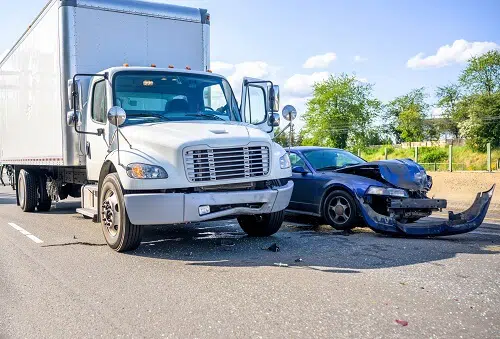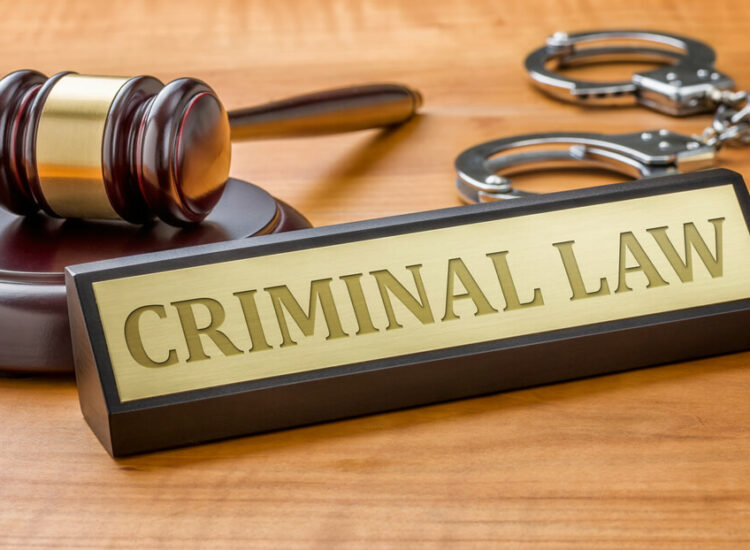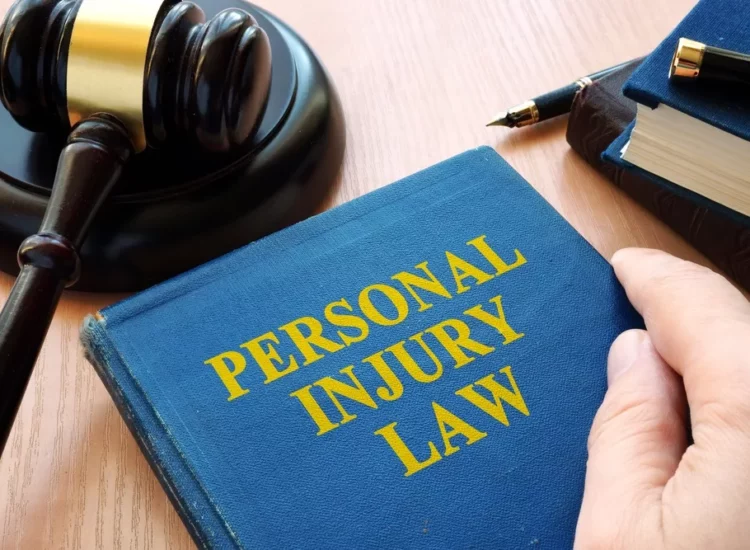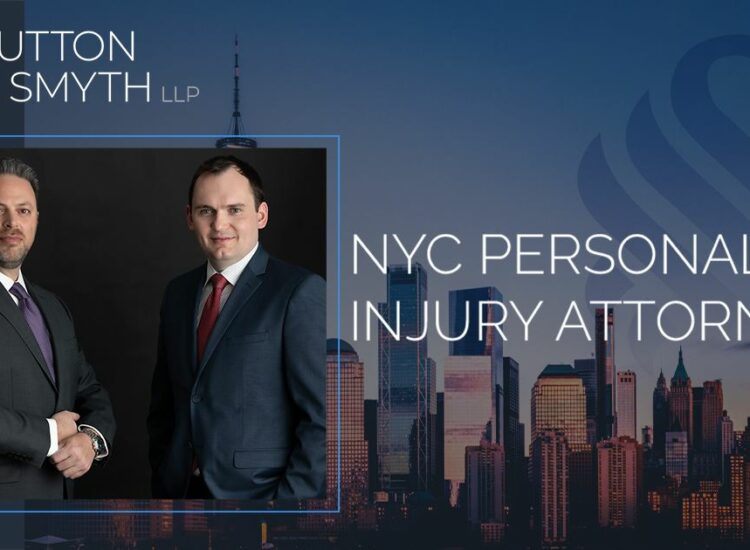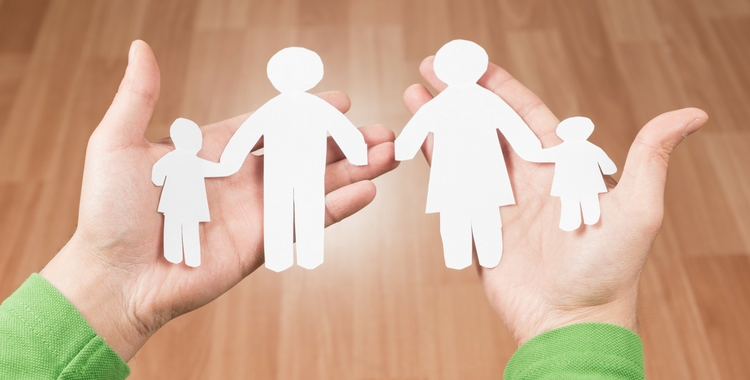Just as you wouldn’t hesitate to seek medical attention for a broken bone, seeking legal counsel when facing domestic violence is crucial for your safety and recovery. A best domestic violence lawyer is more than just a legal representative they are a trusted advocate, navigating the legal system and fighting for your safety and well-being.
Toc
Understanding Your Legal Rights and Options
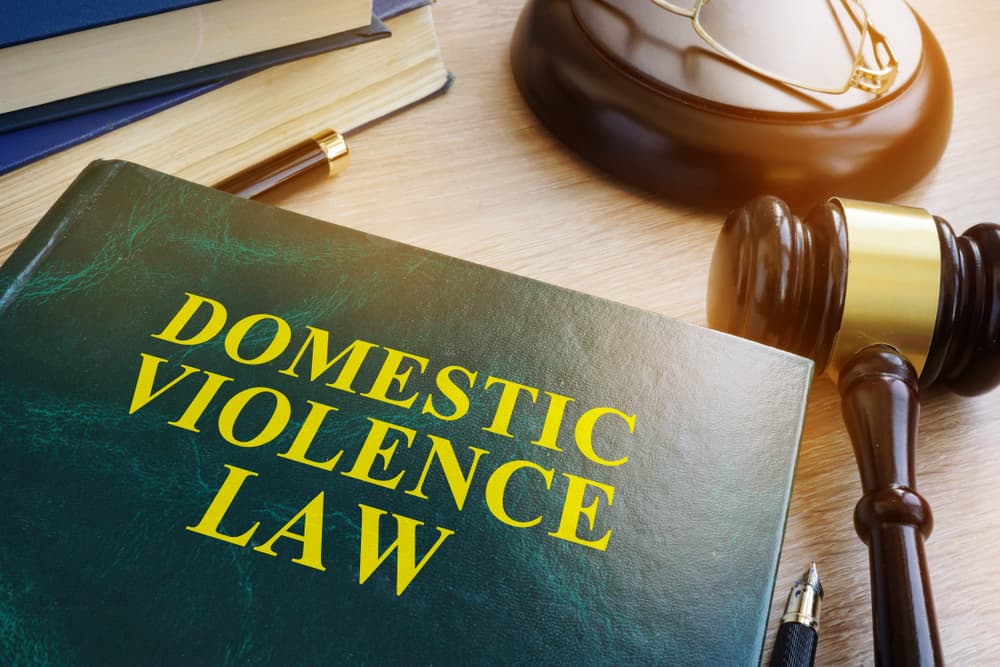
Domestic violence encompasses a range of abusive behaviors that can severely impact victims’ lives. Understanding your legal rights and options is crucial for your safety and recovery.
Beyond Legal Definitions: Recognizing the Impact of Domestic Violence
Domestic violence is not just about physical abuse; it can have far-reaching consequences. For example, victims may suffer from Post-Traumatic Stress Disorder (PTSD) , depression , anxiety , and chronic pain as a result of the trauma. These mental and physical health issues can significantly impact their ability to work, maintain relationships, and care for themselves. The National Coalition Against Domestic Violence (NCADV) reports that 1 in 4 women and 1 in 9 men experience severe intimate partner violence in their lifetime. These statistics highlight the widespread impact of domestic violence on individuals and communities.
Legal Definition of Domestic Violence
In most jurisdictions, domestic violence is defined as a pattern of abusive behavior in an intimate relationship. This can include physical violence, emotional manipulation, sexual abuse, and economic control. Each state has specific laws defining what constitutes domestic violence, so it’s vital to familiarize yourself with your local statutes.
Forms of Domestic Violence
Domestic violence can manifest in various forms, including:
- Physical Abuse: Hitting, slapping, or other forms of physical harm.
- Emotional Abuse: Manipulation, humiliation, or threats that undermine a victim’s self-worth.
- Sexual Abuse: Coercion or forced sexual acts against a partner’s will.
- Economic Abuse: Controlling a partner’s financial resources, limiting their independence.
Legal Rights and Protections Available to Victims
Protective Orders
One of the most critical legal tools available to victims is a protective order, often referred to as a restraining order. This legal document can restrict the abuser’s ability to contact you or come near your home, providing an essential layer of safety. The process for obtaining a protective order typically involves:
- Filing a Petition: You will need to fill out and submit a petition to the court outlining your situation.
- Hearing: A court hearing may be scheduled to assess the evidence and determine whether to grant the order.
- Enforcement: Once granted, the order must be enforced by law enforcement, and violations can lead to criminal charges against the abuser.
Criminal Charges
Victims can also pursue criminal charges against their abuser. Common charges include:
- Assault: Physical harm or the threat of harm.
- Battery: Actual physical contact that causes injury.
- Stalking: Repeatedly following or harassing someone in a way that causes fear.
- Violation of a Protective Order: Any breach of the terms set by the court.
Child Custody
In cases involving children, domestic violence can significantly affect custody arrangements. A “best domestic violence lawyer” will advocate for your rights, ensuring that the safety and well-being of your children are prioritized. Legal representation is vital in establishing custody arrangements that minimize risk and provide a safe environment for your family.
Importance of Seeking Legal Advice
Navigating the complexities of domestic violence law can be overwhelming. Domestic violence cases often involve complex legal issues, such as restraining orders, custody battles, and criminal charges. Without legal representation, victims may struggle to understand their rights, gather evidence, and present their case effectively. Seeking legal counsel helps clarify your rights and options, ensuring you are equipped to make informed decisions about your safety and future. A study by the National Center for Victims of Crime found that victims with legal representation were more likely to obtain protective orders and achieve favorable outcomes in court.
Qualities to Look for in the Best Domestic Violence Lawyer
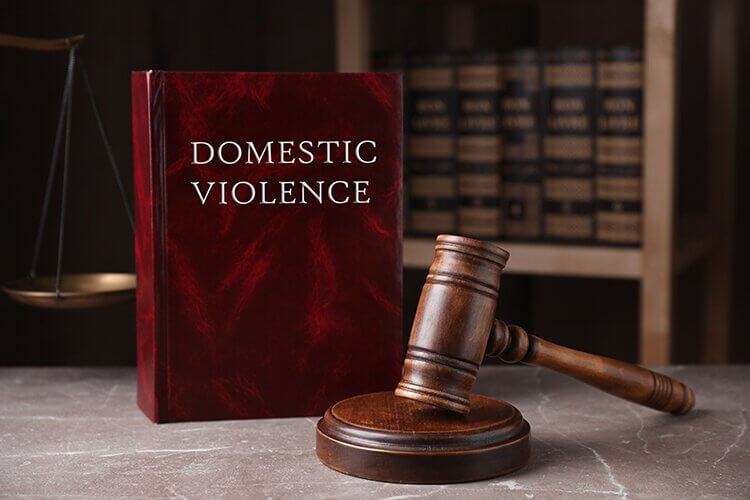
Choosing the right legal advocate is crucial for effectively addressing your situation. Here are key qualities to look for in a “best domestic violence lawyer”:
Experience
A lawyer with a proven track record in domestic violence cases will have the expertise necessary to navigate the legal system effectively. They should be well-versed in state laws and have experience with protective orders and custody arrangements.
Compassion and Empathy
The emotional toll of domestic violence is significant. A lawyer who demonstrates understanding and empathy can provide the support you need during this challenging time. It’s essential to find someone who respects your feelings and prioritizes your well-being.
Knowledge of the Law
Your attorney should have an in-depth understanding of domestic violence laws specific to your state. They should be able to articulate your rights clearly and guide you through the legal processes relevant to your situation.
Communication Skills
Effective communication is vital. Your lawyer should listen carefully to your concerns, explain the legal process in understandable terms, and keep you informed about your case’s progress.
Tips for Finding a Qualified Lawyer
- Referrals: Seek recommendations from trusted friends, family members, or professionals who have experience in domestic violence law.
- Online Reviews: Investigate online reviews and testimonials to assess client satisfaction and outcomes.
- Consultations: Schedule consultations with multiple lawyers to gauge their approach and determine who you feel most comfortable working with.
What to Expect When Working with a Domestic Violence Lawyer

Understanding the process of working with a domestic violence lawyer can alleviate some anxiety. Here’s what you can expect:
Initial Consultation
During your first meeting, your lawyer will gather information about your situation. Be prepared to discuss details regarding the abuse, any evidence you may have, and your desired outcomes. This meeting is also an opportunity for you to ask questions about their experience and approach.
Legal Representation
Your lawyer will take on the responsibility of gathering evidence, preparing legal documents, and representing you in court. They will advocate for your rights and work to secure protective orders or pursue criminal charges against the abuser.
Legal Strategies Employed
A “best domestic violence lawyer” may employ various legal strategies, including:
- Negotiation: They may negotiate with the abuser or their legal representation to reach a favorable agreement outside of court.
- Litigation: If necessary, they will prepare for trial, presenting your case to a judge and advocating for your rights.
- Protection Orders: Your attorney will guide you through the process of filing and enforcing protective orders.
- Child Custody Advocacy: They will work to ensure that your children’s safety is prioritized in any custody arrangements.
- Criminal Charges: Your lawyer can assist in filing criminal charges against the abuser and represent you throughout the legal proceedings.
Ongoing Support
Your lawyer will continue to support you throughout the legal process. They should keep you informed about your case’s progress and be available to answer any questions or concerns that may arise.
Resources and Support for Victims of Domestic Violence
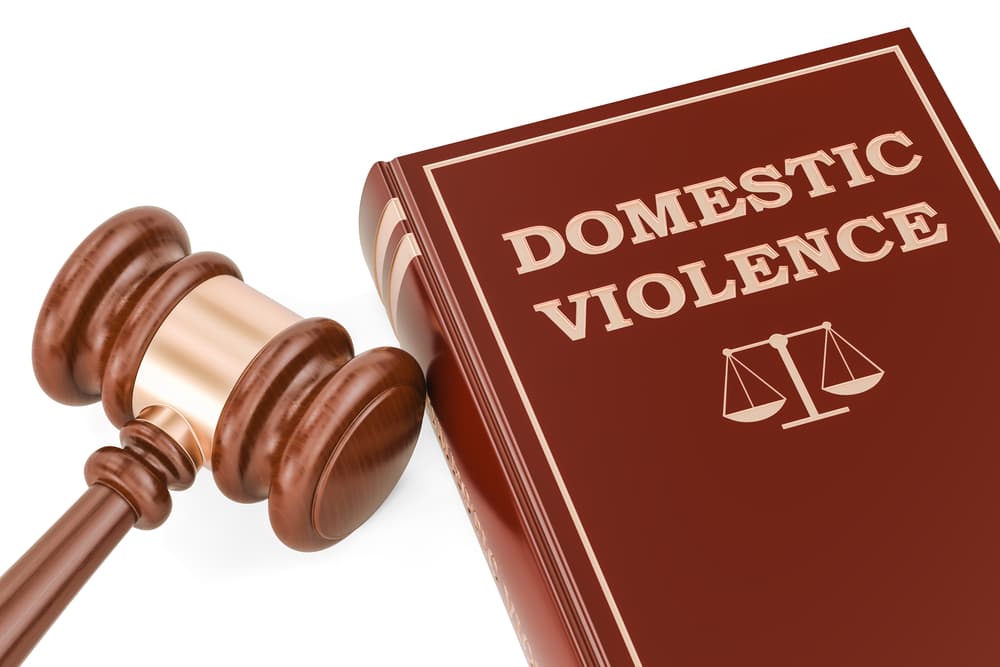
In addition to legal representation, victims of domestic violence should access various support services. Here are some valuable resources:
Domestic Violence Shelters
Shelters provide safe, confidential environments for victims to escape abusive situations. These facilities often offer counseling services, legal advocacy, and assistance with rebuilding lives.
Counseling Services
Professional counseling can help victims process their trauma and develop coping strategies. Support from trained therapists can be invaluable in the healing process.
Advocacy Organizations
Various organizations focus on supporting victims of domestic violence. These groups often provide legal assistance, advocacy, and access to resources tailored to the needs of survivors.
National Domestic Violence Hotline
If you need immediate assistance, the National Domestic Violence Hotline (1-800-799-SAFE) offers confidential support and resources. Their website also provides information about local services and shelters. On average, the hotline receives 1,000 calls per day, reflecting the urgent need for support.
Legal Aid Availability
Access to free or low-cost legal aid can be crucial for victims of domestic violence, especially those with limited financial resources. Various organizations and programs are available to assist:
Legal Aid Societies
Legal aid societies provide free or affordable legal services to individuals who cannot afford to pay for private attorneys. These organizations often have specialized programs for victims of domestic violence, offering services such as representation in court, assistance with protective orders, and guidance on custody and divorce issues.
Pro Bono Services
Many private law firms offer pro bono services, dedicating a portion of their time to assist those in need without charge. Reaching out to local firms to inquire about pro bono options can be a viable way to obtain legal help.
Government Programs
Some state and local governments have programs specifically aimed at helping domestic violence victims. These programs might include legal assistance, financial support, housing aid, and more. Visit your local government website or contact social services to learn more.
Frequently Asked Questions (FAQ)

What are the signs of domestic violence?
Common signs include physical injuries, emotional distress, isolation from friends and family, and control over your daily activities. Recognizing these signs can be the first step toward seeking help.
How can I get a protective order?
To obtain a protective order, you must file a petition with the court, attend a hearing, and provide evidence of the abuse. Your lawyer can assist you throughout this process.
What if I can’t afford a lawyer?
Legal aid services may be available to assist victims who cannot afford representation. Many organizations offer free or low-cost legal services for those in need.
What happens if my abuser violates a protective order?
Violating a protective order can lead to criminal charges against the abuser, including arrest and potential jail time. It is essential to report any violations to law enforcement immediately.
How can I protect myself from further abuse?
Developing a safety plan, seeking support from trusted individuals, and accessing local resources can help protect you from further harm.
Conclusion
It is imperative for victims of domestic violence to understand their rights and the legal protections available to them. Empowering oneself with knowledge and support can make a significant difference in navigating these challenging circumstances. Remember, you are not alone, and there are resources and individuals ready to help you regain control and ensure your safety.
Importance of a Safety Plan
A well-thought-out safety plan can be a lifesaver for victims of domestic violence. This plan provides a practical guide for safely escaping abusive situations and protecting oneself and one’s family. Key components of a safety plan may include:
- Emergency Contacts: Create a list of trusted friends, family members, and local resources you can call for immediate help.
- Safe Places: Identify safe locations where you can go in case of an emergency, such as a friend’s house or a domestic violence shelter.
- Important Documents and Essentials: Keep copies of important documents (e.g., identification, birth certificates) and necessary items (e.g., medications, clothing) in a readily accessible, secure location.
- Escape Routes: Plan and practice escape routes from various parts of your home, and ensure your children are familiar with these routes.
Support Systems
Building a robust support system is crucial for recovery and safety. Support systems can provide emotional reassurance, practical assistance, and stability during times of distress. Components of an effective support system include:
- Trusted Individuals: Surround yourself with supportive friends, family members, and allies who understand your situation and can offer help.
- Support Groups: Joining a support group allows you to connect with others who have had similar experiences and can provide mutual understanding and advice.
- Therapeutic Support: Working with a counselor or therapist specializing in domestic violence can help you process trauma, build resilience, and develop strategies for healing and empowerment.
By engaging both legal and social support networks, victims of domestic violence can better navigate their journey towards safety and recovery. It is a path that takes courage and determination, but with the right tools and support, it is absolutely within reach.

